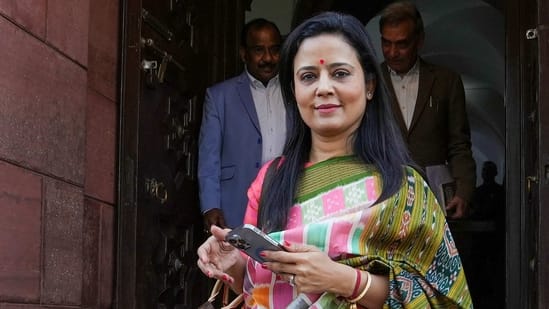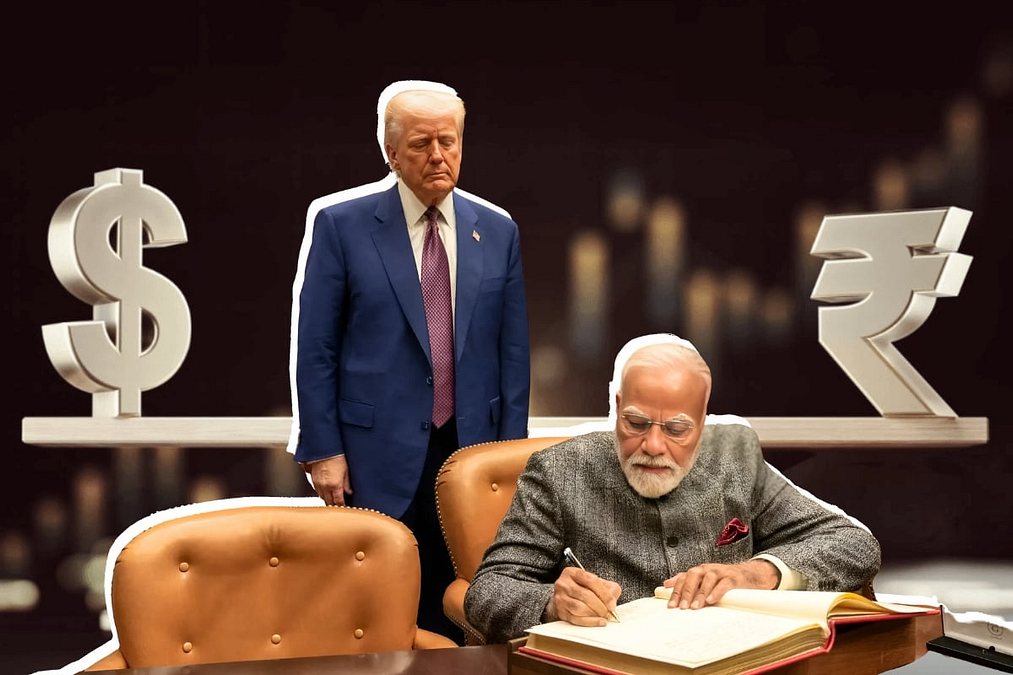Trinamool Congress MP Mahua Moitra has approached the Supreme Court challenging the Waqf (Amendment) Act, 2025, claiming that the Joint Parliamentary Committee (JPC) responsible for reviewing the bill violated established parliamentary procedures. In her petition, Moitra has alleged that the drafting and adoption of the bill was carried out in an “unconstitutional” manner, disregarding due legislative processes and suppressing dissenting voices from opposition members.
The Waqf (Amendment) Act, passed earlier this year, introduces major changes to the original Waqf Act, 1995. It has been renamed the United Waqf Management, Empowerment, Efficiency and Development Act, 1995, and mandates representation of Muslim women and different sects on Central and State Waqf bodies. It also empowers the central government to frame rules regarding waqf property registration and auditing, and allows appeals against tribunal decisions in the High Courts — a provision that did not exist previously.

Moitra’s plea centers around how the JPC, chaired by BJP MP Jagdambika Pal, allegedly pushed through the draft report without allowing sufficient time for its members to review it. She argues that the draft was circulated just a day before its adoption, effectively silencing dissenting voices. The petition further claims that dissent notes submitted by opposition MPs were redacted without explanation, and that critical documents — including witness responses, presentations, and meeting minutes — were not made accessible to the members.
This development comes amid intense political scrutiny. Opposition members have accused the JPC of “bulldozing” the bill to serve political ends, calling the committee’s actions a “mockery of democracy.” During earlier committee meetings, several MPs were suspended after raising objections and staging protests over the alleged violations. Moitra’s legal challenge is seen as a broader attempt to restore the sanctity of parliamentary procedures and highlight what she describes as the executive’s increasing overreach.
The Supreme Court has yet to respond formally to the petition, but the case could have wide-reaching implications for both legislative accountability and minority rights. If the apex court takes up the matter, it may be asked to decide whether constitutional processes were indeed subverted — a move that could potentially impact the legitimacy of the Act itself.


